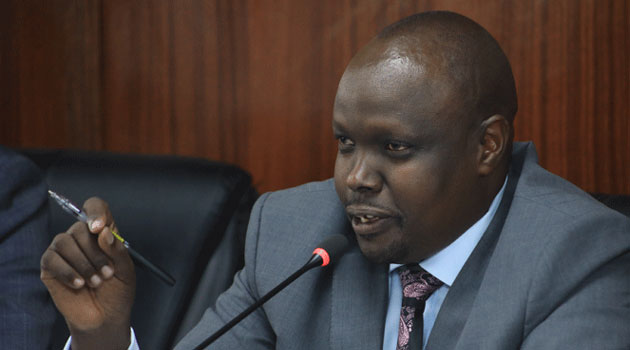
MPs renew probe into ‘secretive’ power purchase deals » Capital News
NAIROBI, Kenya, Jul 9 – A parliamentary committee has launched an inquiry into the controversial Power Purchase Agreements (PPAs) with Independent Power Producers (IPPs), amid growing pressure to rein in the soaring cost of electricity that continues to cripple households and businesses.
The National Assembly’s Public Investments Committee on Commercial Affairs and Energy announced it is undertaking a full-scale review of the country’s energy contracts following a forensic audit by the Auditor General.
The audit reportedly raised red flags about the structure and beneficiaries of the IPPs, some of which may be linked to politically connected individuals.
Committee Chairperson David Pkosing (Pokot South) pointed fingers at the IPPs as potential culprits behind the high power tariffs.
“Kenyans are paying far too much for electricity, and one of the biggest suspects are these IPPs and their secretive contracts. We suspect that some of these companies are owned by powerful individuals — that alone is enough to demand a closer look,” said Pkosing.
Reshaping PPA negotiations
The forensic audit, which has yet to be publicly released, is expected to form the basis of sweeping recommendations that could reshape how the country negotiates future energy contracts.
Pkosing hinted at a possible overhaul of the PPA model, which critics argue has allowed private firms to lock in generous tariffs at the expense of consumers.
“We intend to reset the conversation on PPAs in this country. This committee will make sure we have a power sector that serves the people — not a few connected players,” he said.
Kaloleni MP Paul Katana called for Energy Cabinet Secretary Opiyo Wandayi and several unnamed ‘influential’ figures to appear before the committee.
“Some of these IPPs were licensed at lightning speed, and when you dig deeper, you find top leaders behind them. We need to know: who approved these deals, under what terms, and who is benefiting?” Katana posed.
His remarks point to longstanding allegations that the energy sector is dominated by elite cartels that have exploited opaque licensing procedures to corner the market.
Kenya Power pushback
Appearing before the committee, Kenya Power CEO Joseph Siror pushed back against the notion that IPPs were solely to blame.
He argued that the high cost of power is more a result of outdated and expensive technology than profit-gouging.
“The cost of electricity is dictated by the technology used in generation. Older contracts are more expensive, but going forward, we expect tariffs to fall,” said Siror.
He revealed that one costly IPP had been retired last year but warned that terminating multiple contracts could cripple the national grid.
“If we turned off all the IPPs today, more than half the country would go dark. The supply gap would trigger widespread blackouts,” he said.
MP Pkosing pressed him to name more retired contracts and explain why Kenyans are still paying exorbitantly for power.
“So how many have you retired? Can’t you just stop paying the rest?” he asked.
Siror admitted that only one IPP had been decommissioned and maintained that most could not be retired without risking a supply crisis.
“Our priority is the end consumer. Every agreement going forward must strike a balance between power production and what ordinary Kenyans can afford,” Pkosing insisted.